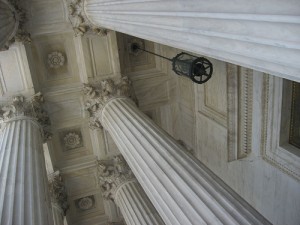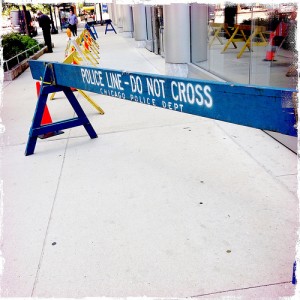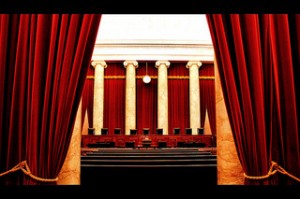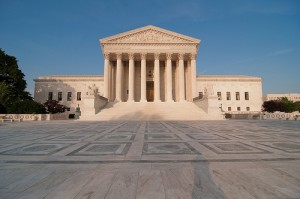Monday Morning Review: Local Governments in the Federal Appellate Courts
Posted
30 Jun 2014 in Monday Morning Review
Here are last week's published decisions involving local governments: First Circuit
Snyder v. Gaudet, No. 12-1422 (June 25, 2014) (In 42 U.S.C. 1983 action alleging violation of equal protection because city applied zoning restriction differently to Snyder than to prior owner, granting qualified immunity to defendants because right was not clearly established):
First Circuit
Snyder v. Gaudet, No. 12-1422 (June 25, 2014) (In 42 U.S.C. 1983 action alleging violation of equal protection because city applied zoning restriction differently to Snyder than to prior owner, granting qualified immunity to defendants because right was not clearly established):




 A local government can create a 35-foot buffer zone to restrict speech on a public street only if it has first made a serious effort to address the issue in other ways.
That's the lesson of
A local government can create a 35-foot buffer zone to restrict speech on a public street only if it has first made a serious effort to address the issue in other ways.
That's the lesson of 



